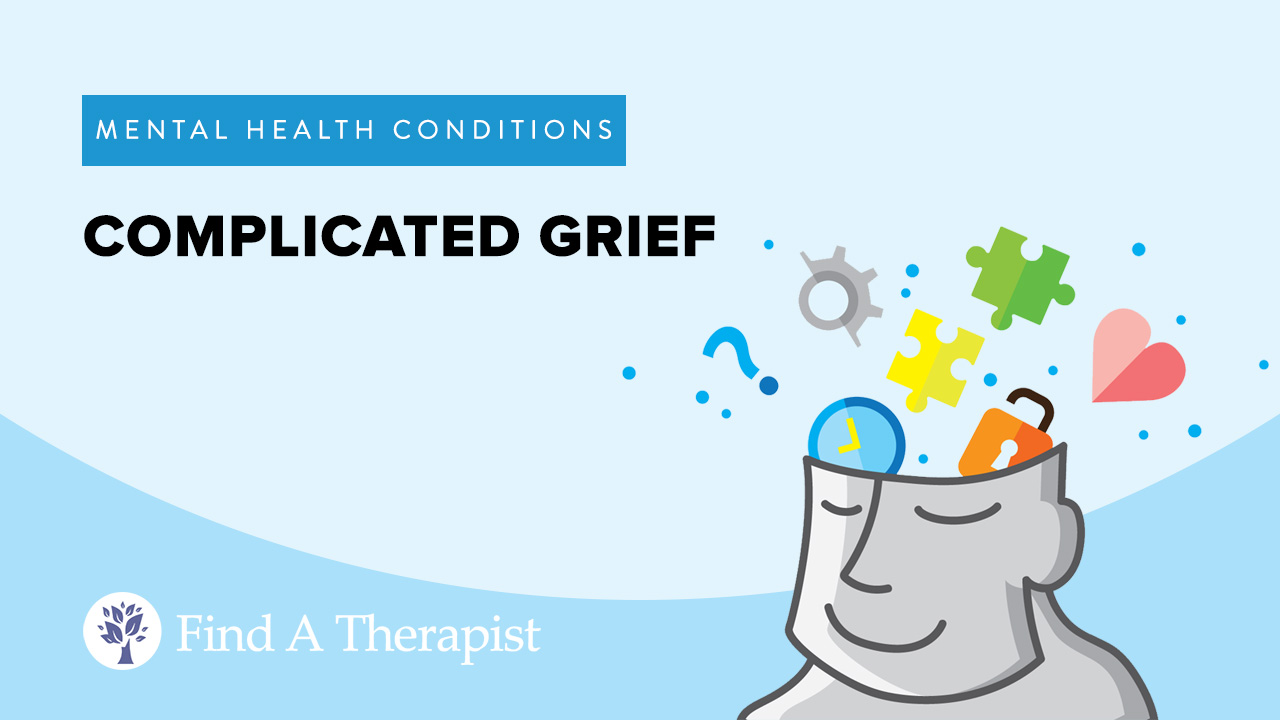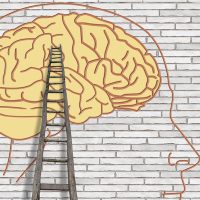Are You Struggling With Grief And Loss?
Published on February 27th, 2019
Updated on January 8th, 2024

It is natural for a person to grieve when dealing with loss. Grief is a normal reaction to losing a loved one, along with other things. People can grieve people, pets, careers, lifestyles, and even objects. A person can develop an emotional attachment to any of these things, so they can grieve their loss as well.
People tend to think of grieving as only mourning and paying respects to the death of a loved one and moving on, but it is not always so simple. Grief can be challenging, especially when it is misunderstood or intense. It is also challenging when a person is grieving the loss of something that others do not empathize with or understand.
Example: Grief due to the death of a pet, loss due to a move, or loss due to the ending of a relationship may be less acceptable than other reasons for grief.
Sponsored by

Choose a therapist to work with and start healing with 20% off from BetterHelp.
Click HereWhat Grief Feels Like
Like any mental health issue, grief comes with symptoms. Symptoms of grief are situational and may cause the affected person to have many confusing feelings and behaviors.
Symptoms of grief include:
- Mood swings
- Denial
- Difficulty with feeling or understanding emotions
- Depression
- Resistance to moving on without the lost person or object
- Crying spells
- Anger and rage
- Anxiety
- Nightmares
- Questioning of religious and spiritual beliefs
- Insomnia
- Difficulty managing stress
- Emotional eating, or a change in appetite
- Lack of motivation
- Isolation
- Withdrawal from work, friends, and family
- Lack of interest in personal hobbies
The most understood and accepted form of loss is death, but it is not the only thing that people can lose. People can also feel grief the loss of other things. Situations that can trigger grief include:
- The ending of a relationship
- The loss of financial or social status
- A decline in health
- The loss of an object of value or affection
Grief Can Be Complicated
Sometimes people can suffer from complicated grief. Complicated grief is a term used for ongoing grief that is preventing healing. A person who suffers from complicated grief will struggle to work through their grieving process in a healthy way.
A person who suffers from complicated grief is suffering from grief that is not going away. The grief is chronic and is having a significant impact on the affected person.
People who suffer from complicated grief tend to experience significantly prolonged, delayed, or worsening of symptoms. These symptoms will impact the affected person’s ability to function.
Symptoms of complicated grief are chronic. They are persistent and may fluctuate in severity. This fluctuation may depend on factors, like:
This fluctuation may depend on factors, like:
- The time of year
- Stress levels
- Reminders of the person or object of loss
- Unresolved issues and a lack of closure
Symptoms of complicated grief include symptoms of uncomplicated grief, along with the following:
- Delayed onset to bereavement
- Numbness
- Feelings of helplessness
- Feelings of hopelessness
- Feeling conflicting emotions
- Difficulty understanding how to properly grieve
- Prolonged bereavement
- Avoidance of reminders of the object or person of loss
- Onset or worsening of substance use
Complicated grief tends to occur in people who suffer from complicated loss. Some circumstances that can cause complicated loss include:
- Unexpected and sudden death or loss
- Unconfirmed death and disappearance of a loved one
- Unresolved issues with the person or object of loss
- Guilt related to loss
- Traumatic loss
- Premature loss
- Unjust loss
- Substance use
- Survivor’s guilt

Uncomplicated and Complicated Grief Can Be Treated
Many people are able to learn how to cope with their grief without professional help. Many others struggle to successfully process through the 5 stages of grief. This results in unresolved grief issues for both uncomplicated grief and complicated grief.
Many people can process their grief without treatment, but treatment is recommended for people who are struggling to move forward.
An affected person can feel stuck in their grief. In such a situation it is best to seek therapy from a licensed mental health professional. Without proper treatment, unresolved grief can cause significant consequences.
Consequences of unresolved grief include:
- Inability to move forward with life
- Personality changes
- Depression
- Anxiety
- Post-traumatic stress disorder
- Consequences to physical health and wellness
- Substance use
Therapy for grief and bereavement typically focuses on the theory of the 5 Stages of Grief. The Five Stages of Grief were developed by Elisabeth Kübler-Ross. She theorized that the grieving process includes experiencing the following stages:
- Denial
- Anger
- Bargaining
- Depression
- Acceptance
A person who is struggling with complicated grief may not move through these five stages. They may find themselves stuck in one stage or confused about their grieving process as a whole. In these situations, a person may want to look into complicated grief counseling or spiritual counseling.
A grieving person will typically be referred to individual therapy and possibly group therapy. They may also receive counseling within their religious institution if they have a strong belief system and feel they could benefit from spiritual guidance.
Sponsored by

Find an affordable therapist online with 20% off from BetterHelp.
Click Here






Leave A Reply